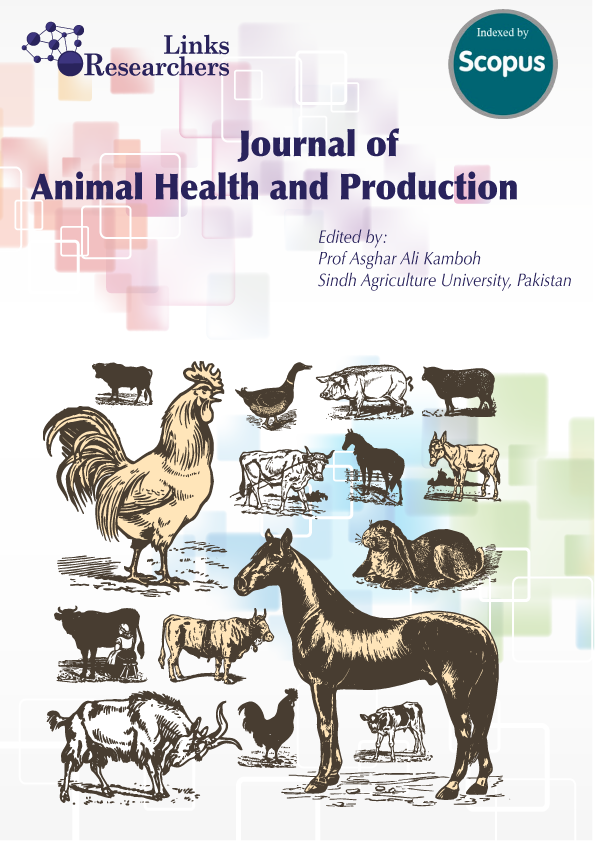Study on the Toxic Effects of Nano-Fipronil on the Physiological Aspects of Male Rabbits
Study on the Toxic Effects of Nano-Fipronil on the Physiological Aspects of Male Rabbits
Qassim Ammar Ahmood AL-Janabi1*, Ahmed Hadi Abdul Saheb2, Aqeel Khaleel Ibraheem3
ABSTRACT
To share on other social networks, click on any share button. What are these?






